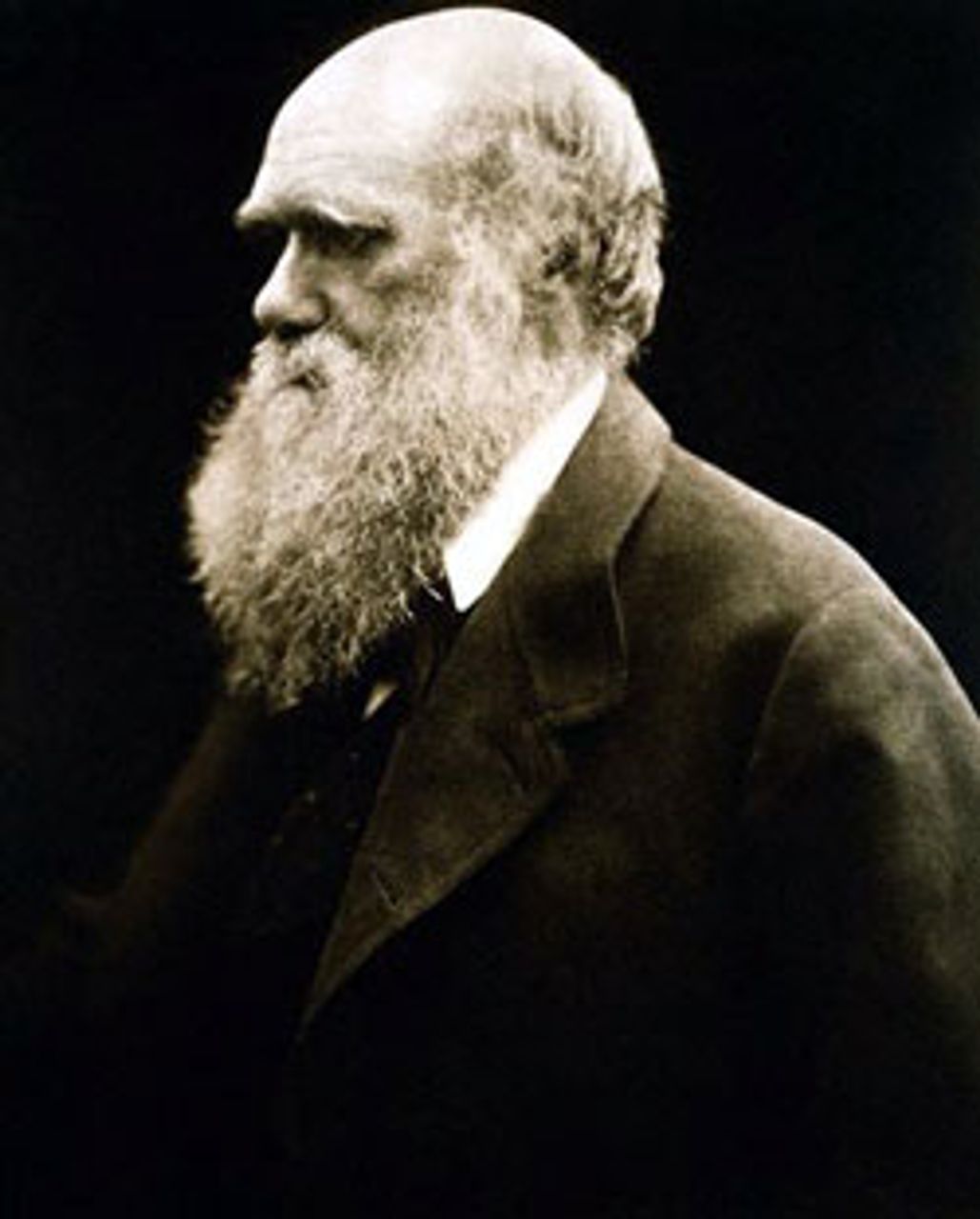Part 1
By Chris Talbot 17 June 2009
This is the first of a three-part series comprising a lecture by WSWS correspondent Chris Talbot to meetings of the International Students for Social Equality in Britain . Part 2 was posted on June 18 and Part 3 on June 19.
We have organised these meetings of the International Students for Social Equality in honour of Charles Darwin from a different standpoint from the many other bicentenary events. We want to bring out the connection between Darwin and that other great thinker of the mid-19th century, Karl Marx.

Charles Darwin
The importance of Marx hits you when you take in the events of the last few months. We are now in a world economic crisis comparable to, if not more severe than, that of the 1930s, which will have a major effect on all of our futures. Current economic theory completely failed to predict this crisis. The economists cannot explain how it happened and have no answer to it [1]. In contrast, Karl Marx spent much of his life developing an economic analysis that explains the inherent instability of capitalism and provides a scientific basis for the development of the socialist working class movement.
Superficially, it may seem there is not much of a connection between Darwin, the retiring English gentleman, and Marx ,who along with Frederick Engels, was involved in revolutionary communist activity for most of his adult life. But Marx and Engels themselves immediately recognised the significance of Darwin ’s theory when On the Origin of Species appeared 150 years ago. Engels wrote to Marx in 1859, just after he had read the first edition of Darwin ’s book [2]:
Darwin, by the way, whom I’m reading just now, is absolutely splendid. There was one aspect of teleology that had yet to be demolished, and that has now been done. Never before has so grandiose an attempt been made to demonstrate historical evolution in Nature, and certainly never to such good effect. One does, of course, have to put up with the crude English method.
The last sentence is a reservation that Engels and Marx held—only in private it must be stressed—regarding the methodological approach of Darwin . But throughout their lives they insisted on the importance of Darwin ’s work. Teleology, meaning a divine purpose which was working itself out in nature, had been demolished.
